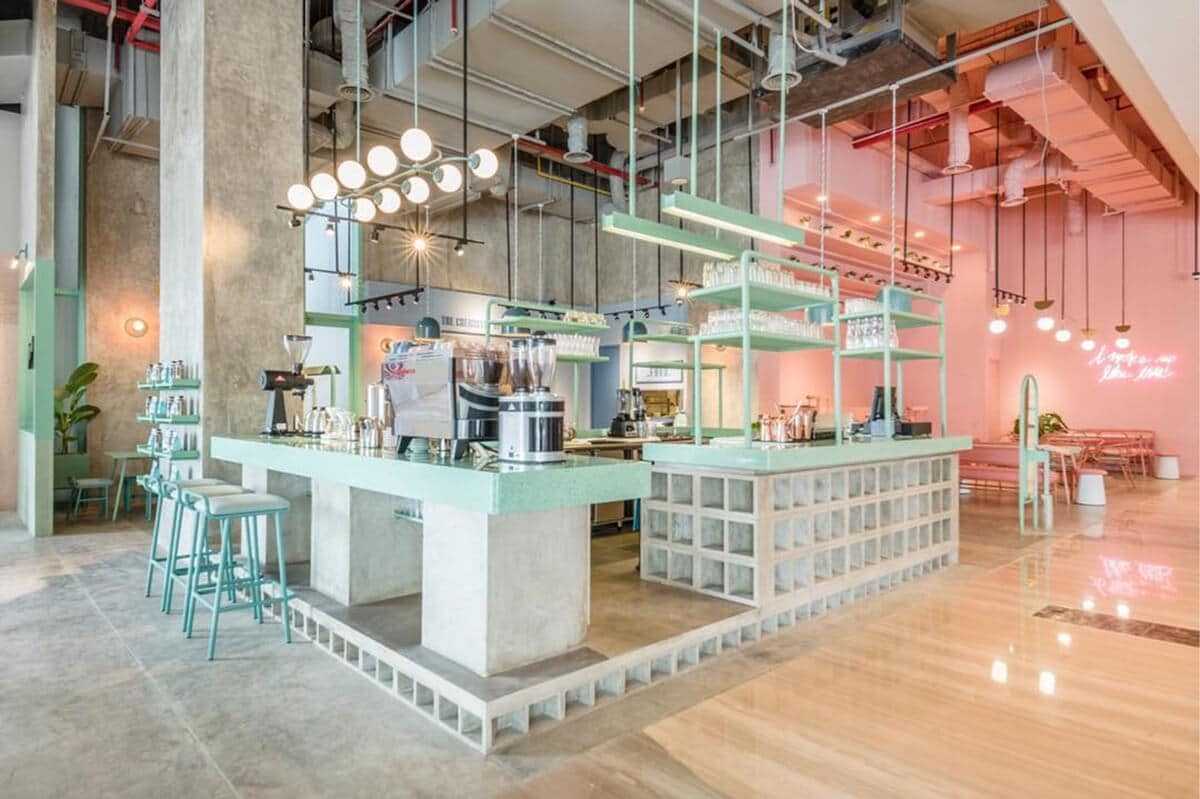MILAN – The rise of a new middle class and increased awareness on health problems caused by the consumption of sugary drinks are boosting coffee consumption in Indonesia. According to Fitch Solutions report, Indonesia’s consumer spending on coffee is set to grow at an average rate of 8.2% in coming years reaching $2.2b in 2024 from $1.7b in 2020. This compares with an expected average growth of 6.5% over the same period for tea.
Indonesia’s coffee scene is in the middle of a premiumisation trend, meaning that Indonesians’ preference are tipping towards prestige coffee.
Furthermore, as wealth levels increase in Indonesia, consumers’ premiumisation trajectory could boost coffee prices.
“We note the steady development of a middle income consumer base in Indonesia and in 2022 the number of households in the emerging market middle income bracket of $10,000-25,000, is set to overtake the $5,0000-10,000 segment as the largest proportion of total households,” the report stated.
This also comes on the back of increasing awareness of health problems associated with high sugar intake and government regulations to address these problems in Indonesia.
The country’s finance minister Sri Mulyani has proposed an excise tax ranging from $0.11-0.18 (IDR1,500-2,500) per litre on sugar and artificial sugar-sweetened beverages.
Whilst Fitch Solutions noted that consumer spending for both fruit, vegetable juices and carbonated drinks are paced to outperform coffee spend levels in 2020, the excise tax will likely turn the tables.
Other trends in Indonesia ’s coffee consumption include:
low cost online ordering, online delivery and personalisation, which is said to be strategies currently used by local coffee chains such as Fore Coffee, Kope Kenangan, and Maxx Coffee.


















